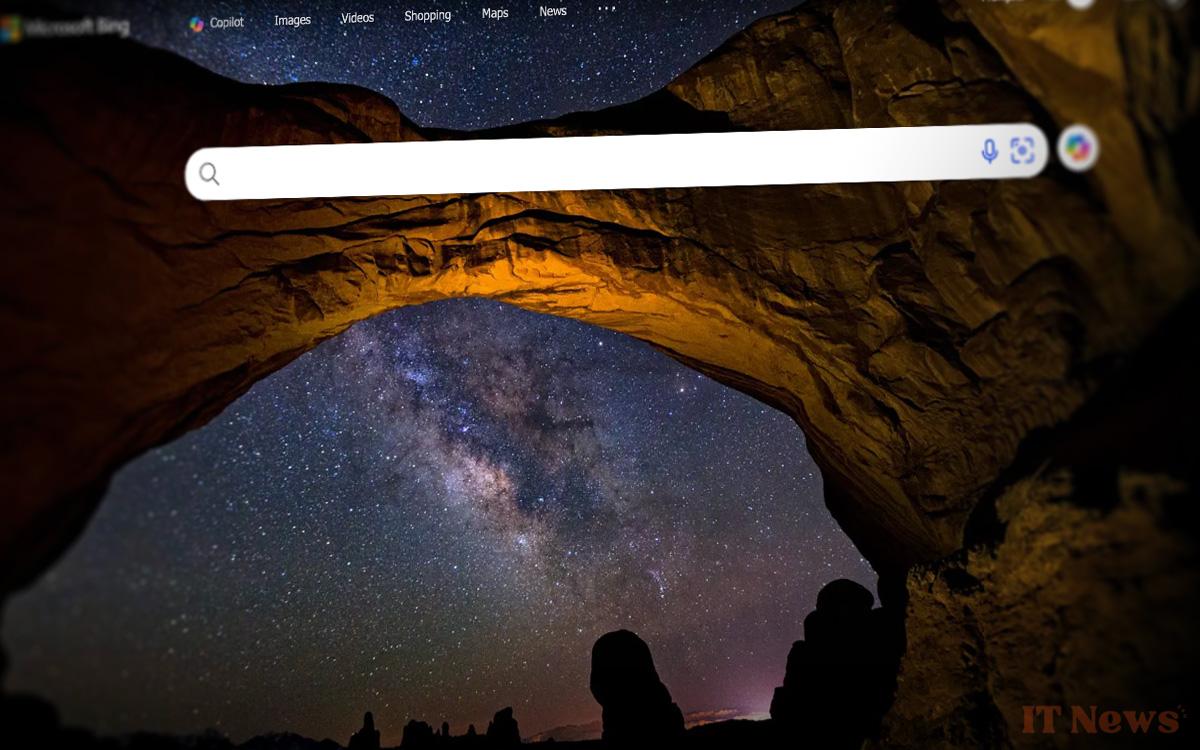After more than a decade of unchallenged dominance, Google Search, Google's search engine business, is seeing its market share decline. One competitor, in particular, is benefiting. And yet it's an outsider who has so far been rather unpopular with users.
Who would have thought it? After decades of "peace," the search engine war seems poised to resume. Already, a rather unexpected competitor to Google is making strong progress. And if you thought it was DuckDuckGo and Yahoo, we'll stop you right there. Because it's actually one of the most maligned players in the sector that's currently making a comeback.
With a jump to 12% of global searches, Bing now represents no less than 1/8th of Internet users' queries. Admittedly, Microsoft's progress in this area is quite slow. Our colleagues at Windows Latest note that Bing has grown from 6% to its current figure in 5 years. A bit laborious, some would say, for a company that holds more than 90% of the PC operating system market.
Bing is experiencing meteoric rise against Google
Now, it is undoubtedly this aspect, along with other more objective advantages, that are currently playing a role. And could even transform the test to the point of truly shaking up Google's dominance. First, there is Microsoft's bludgeoning, which displays a message as soon as you try to download Chrome from Windows via the default Edge browser. A message that continues to be ignored by the overwhelming majority of users.
But which seems to have a growing impact on a small proportion of users. But the most interesting thing is undoubtedly elsewhere. A closer look at the history of the growth noted by our colleagues reveals that one of the most significant jumps, from 8% to 11%, occurred in 2024 – when Google rolled out a new “AI Overview” results presentation in certain markets.
More broadly, in light of AI and improvements in the presentation of search results, what Bing offers after a query could actually be perceived as better than Google by some users. It remains to be seen whether these changes in market share will continue, or whether this is purely cyclical and temporary. In any case, this proves, if it were still necessary, that Google's dominance is probably not an insurmountable inevitability.




0 Comments